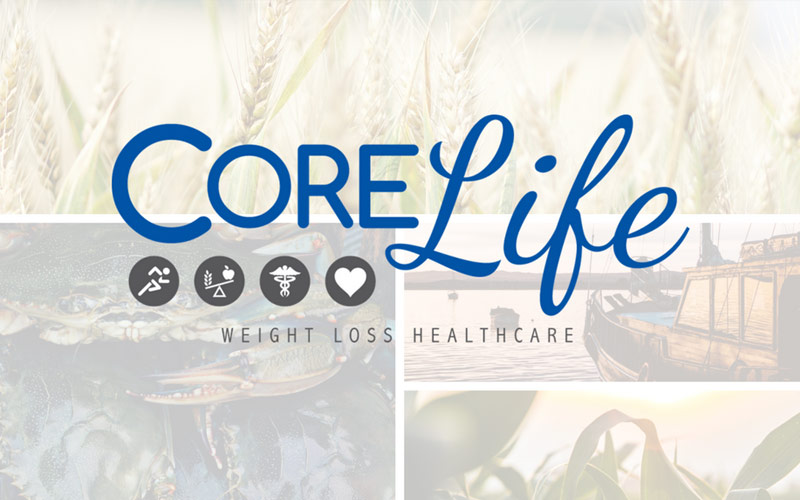Most people in our society live a very fast-paced, stressful life. Lack of sleep, overwhelming demands on your time, long work hours, kids, house – it’s a recipe for chronic fatigue. And while these factors should certainly be examined and addressed, your nutrition could also be playing a vital role in the cycle. The good news? It can also play a significant role in your health and energy levels! Here’s how your nutrition might be sabotaging you and what to do about it.
- Too Many Refined Carbs – carbs are a good source of quick energy. When you eat refined carbs like sugar, white bread, white rice and pasta, etc., your blood sugar levels rapidly rise, signaling the body to make insulin and get the sugar (energy) out of the blood and into the cells. But, when your blood sugar levels go rapidly up and then rapidly down, like after eating refined carbs, your body becomes exhausted, sending out a signal for another carb “hit” to get another surge of energy. Studies have shown that lowering your sugar and processed carb intake typically leads to higher energy levels. So, instead of reaching for a quick burst of energy from refined carbs, reach for whole foods rich in fiber, like vegetables and beans.
- Food Sensitivities – while not the most common symptom, fatigue can sometimes result from eating foods that your body doesn’t tolerate or is more sensitive to than most people’s. Common intolerance include dairy, eggs, soy, corn, and gluten. BUT, in order to truly recognize if an intolerance exists, you really need to do a comprehensive elimination diet to determine your specific triggers. (Dietitians like myself can typically walk you through that protocol; I’ve designed one and work with clients regularly with it).
- Too Few Calories – for those looking to lose weight, this is a very common one. Calories don’t just make you gain weight, they keep your body running, period. Too little energy makes even the simple processes like breathing and maintaining your temperature difficult and taxing to the body. And, eating too few calories is actually a detriment to your weight loss efforts. When your body is struggling to just maintain its basic duties (breathing, digesting, etc.), it slows the metabolism to conserve energy, often leading to fatigue AND preventing weight loss. Additionally, if your calorie intake is too low, it can be very difficult to meet your vitamin and mineral needs.
- Not Enough Protein – protein has been shown to increase one’s metabolic rate more than carbs or fat. This means protein may not only aid in weight loss, but can also help keep your energy levels up. Aim to consume a high-quality protein source – beans, fish, chicken, eggs, meat, nuts/nut butter – at every meal and most snacks.
- Inadequate Water Intake – the various biochemical reactions that take place in your body every day, all day result in loss of water and must be replaced. Studies have found that even mild dehydration can lower energy levels and reduce your ability to concentrate. The average recommendation is eight, 8oz glasses a day, but that is just an average. Depending on your activity level, weight, age, etc., hydration needs vary. So, drink frequently…a good rule of thumb – your urine should be pretty much clear! Water, herbal tea, fruit-infused waters – all are good options; soda, juice (unless fresh-pressed), sugar-sweetened beverages, and caffeinated beverages are not.
Need guidance on how to make your nutrition work for you? Come visit at CoreLife.
Aubrey Phelps MS RDN LDN
